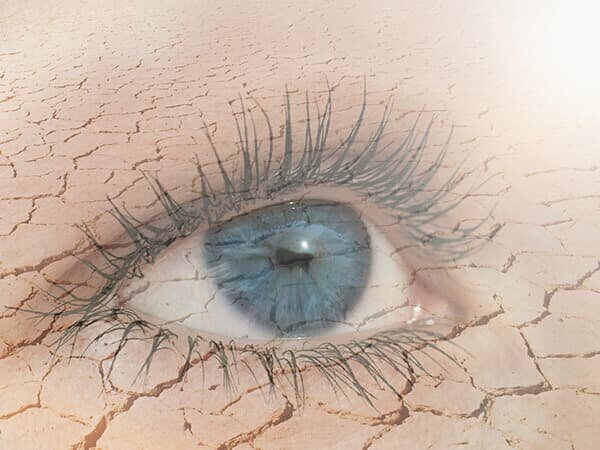
Introduction
Dry eye syndrome, also known as keratoconjunctivitis sicca or KCS, is a common and often bothersome eye condition that affects people of all ages. As optometrists, we aim to provide you with a comprehensive understanding of dry eye, its causes, and common symptoms, so you can take proactive steps towards better eye health.
What is Dry Eye?
Dry eye is an eye disorder characterized by insufficient moisture or lubrication on the surface of the eye. This lack of moisture can lead to discomfort, vision disturbances, and potential damage to the cornea.
Causes of Dry Eye
Several factors can contribute to the development of dry eye:
Aging: Tear production tends to decrease as we get older, making older adults more prone to dry eye.
Environmental Factors: Exposure to dry or windy conditions, air conditioning, or heating can accelerate tear evaporation and contribute to dry eye symptoms.
Medical Conditions: Certain medical conditions like Sjögren's syndrome, rheumatoid arthritis, and diabetes can increase the risk of dry eye.
Medications: Several medications, including antihistamines, decongestants, antidepressants, pain medication, muscle relaxers, blood pressure medication, and diabetic medication, can reduce tear production, exacerbating dry eye symptoms.
Digital Device Use: Extended screen time, such as computer or smartphone use, can decrease the frequency of blinking, leading to dry eye symptoms.
Common Symptoms:
Dry eye can manifest through various symptoms, which may include:
Burning or Stinging Sensation: The eyes may feel irritated or painful.
Redness: Dry eye can cause the eyes to appear red or bloodshot.
Blurred Vision: Vision may become temporarily blurred.
Sensitivity to Light: Increased light sensitivity, or photophobia, can occur.
Foreign Body Sensation: It may feel like there's something in your eye.
Excessive Tearing: Reflex tearing may be triggered.
Conclusion
Dry eye is a common condition that can significantly impact your daily life. An optometrist can evaluate your condition, determine the underlying causes, and provide appropriate guidance and support to help you manage dry eye effectively. Don't hesitate to reach out to your eye care provider for a comprehensive evaluation and personalized recommendations to maintain healthy, comfortable eyes. Understanding the causes and symptoms of dry eye is the first step towards finding relief and preserving your eye health.









